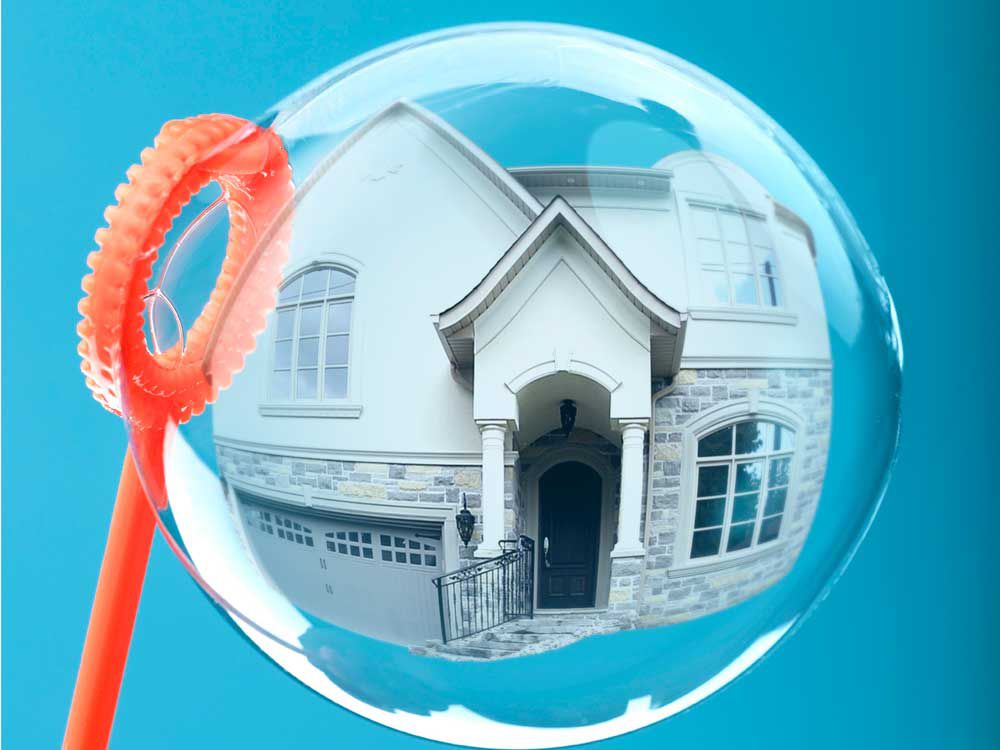Are you planning your retirement, a new homeowner, or someone considering entering the housing market, there are a lot of mixed signals right now. Hot debates about whether or not we are in a strongly inflated housing market rage and experts and experts on both sides have a lot to say. Below are 3 reasons that some investors don’t think we are in a housing bubble.
Lack of housing
According to Freddie Mac, the United States had a housing shortage of around 3.8 million homes in 2020. Despite the growing new housing industry, there is not enough housing for the number of residents in this county, and the shortage continues to grow.
The reason this is indicative of a lack of bladder for many people is that there is no over-supply. More people want homes than there are homes available, which means demand must continue to sustain the market.
Harder to Create a New Residence
Construction costs, labor constraints, and supply chain concerns have made bringing new supplies online difficult. You’ve probably seen the headlines: lumber prices have nearly tripled in the last year.
A rise in the price of lumber has made construction significantly more expensive for new homes. Rising prices and supply chain challenges in everything from steel and copper to windows, doors and appliances — not just wood were difficult to manage. At the same time, labor shortages have left builders with extremely short lists of traders and merchants.
The reason this would show a lack of a bladder again involves a provision explanation. If builders don’t build because raw materials are expensive and labor is scarce, then demand for homes will continue to exceed supply, raising prices and maintaining a strong market.
People Don’t Move
Typically, first-time homebuyers buy affordable homes when they start building families and then choose to upgrade as their family evolves into more expensive housing. As people get older, they tend to shrink or migrate to improve their quality of life or be closer to their grandchildren.
Current regular fall of homes keeps the housing market balanced. However, many people are only hesitant to engage in this furious housing market, where they will likely have to compete in supply wars and settle for housing that may not fulfill all of their desires. People remaining, combined with a lack of new homes, also add to the housing deficit and supply pressure, which means prices are not artificially inflated but are a legitimate reaction to the current market.
Conclusion
Opinions vary wildly about whether the U.S. (and other markets) are currently in a housing bubble and for what reasons. It always pays to do your own research, so cross-examine all of the above with the other sides of these arguments to make sure you are making wise decisions with your money. Based on the above examples, however, there is reason to believe that we are not currently in a bubble but in a unique and difficult housing market.
For more information on the real estate sector of the country, keep reading Feeta Blog.



